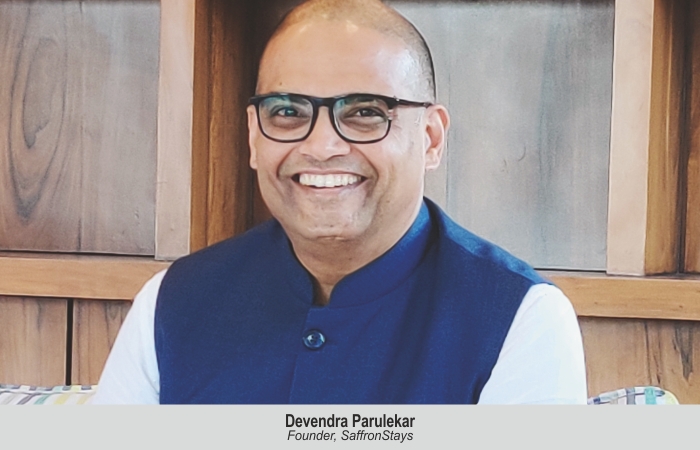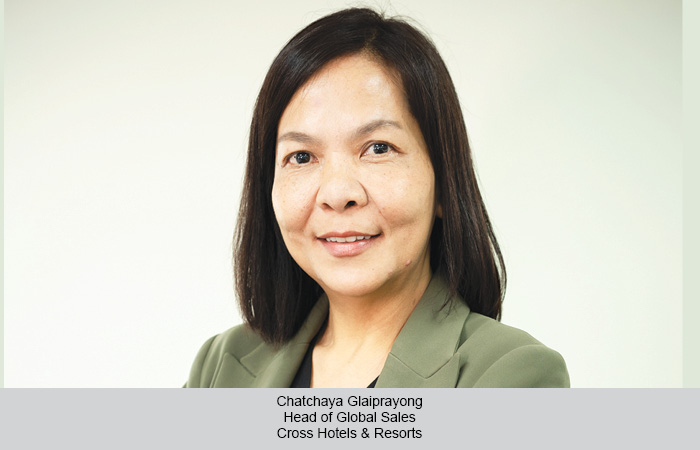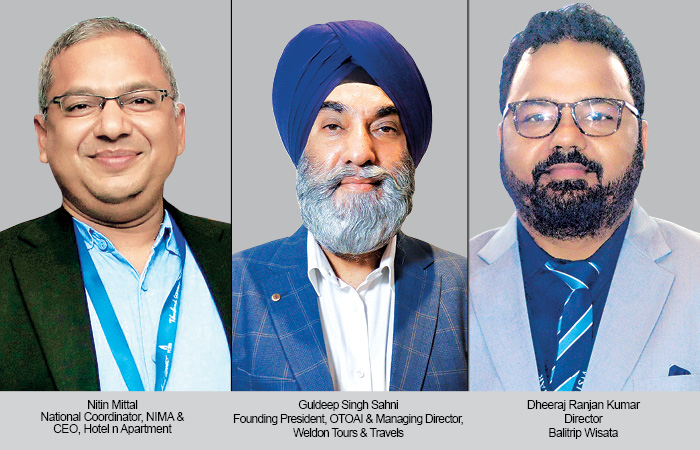Travellers now prefer private villas over hotels which indicates a long-term behavioural change. As a result, there is a lot of investment in private vacation homes. Devendra Parulekar, Founder of SaffronStays, shares his perspective on emerging trends among the Indian travellers for selecting accommodations.
Hazel Jain
What kind of trends have emerged among Indian travellers with regards to choosing and booking accommodation?
Offsites and team get-togethers used to be the time for colleagues to bond and unveil their fun side. With WFH, interactions became a lot more transactional, work fatigue set in and it was difficult to form deeper bonds. This is why many corporates have started enquiring and also booked with us for a team get-together. While last year was all about revenge travel, it is now mostly about the need to take a break, as and when you have the chance.
The frequency of breaks among the travellers has gone up, where people choose to stay at premium accommodations. When we speak of celebrations, it is far easier to convince a large group of people to drive to a private villa near Mumbai and Pune or even fly to Goa than have everyone join the party abroad.
What is the investor sentiment currently given that the industry is still trying to find its feet after the lockdowns?
Yes, there is a lot of investor interest. There are three types of investors. The first type is the money that comes in from the established, large hospitality chains that will invest in working with homes and homeowners. The second group consists of investors who are building homes with a view to rent them out. So those are not private equity firms but individuals-ones who are building and/or buying a home in Goa or Alibaug and giving it to players like SaffronStays to run and monetise. The third type consists of private equity firms and investors who will probably also want to see a piece of the action. Private equity investors are waiting for credible players to emerge whom they can back and grow up with. As of now, our focus is on expanding our business within the country.
Do you see any consolidation happening in this segment as well?
Absolutely. There are two reasons why I think the industry has just begun to explode. One is that, behaviourally, the customers are now preferring private villas over hotels, so there is a secular long-term behavioural change. Secondly, because of the rise in the number of customers, there is a lot of investment happening in private vacation homes. So, the quality of supply that is coming through is brilliant.
Pre-COVID-19, most of the homes were built 10 to 20 years ago and were being repurposed to host guests. But now the supply that is coming in consists of homes that are newly built. For the next 18 to 24 months, you will get to see a lot of inventory come into the market. This means that supply will grow at least 10 times, and that is where the industry will start seeing the kind of traction that it deserves. Better supply means better guests, and vice-versa, and this cycle will continue. So a lot of investment — whether in gated complexes or complexes made purposely with renting in mind — will take place.
Having said that, you will see a lot of hoteliers entering this space. New-age, technology-based companies such as SaffronStays will evolve. Eventually, you will find two to three large players who have a pan-India presence and many small regional players. For instance, an operator in Goa, who would have five to ten homes doing a spectacular job, and then, there will be large players like us, with a national footprint of more than 1,000 homes. The difference between the two is the ability of the organisation, the team, and the founding team would be able to embrace corporate processes and embrace technology to run the entire operations, and sales and marketing function.
At the end of the day, the crux of this proposition is who is able to provide better quality services at the right price points to guests, meet their aspirations, among other facilities. If you are able to scale all of these, you will grow, else you will be left behind.
 TravTalk India Online Magazine
TravTalk India Online Magazine







